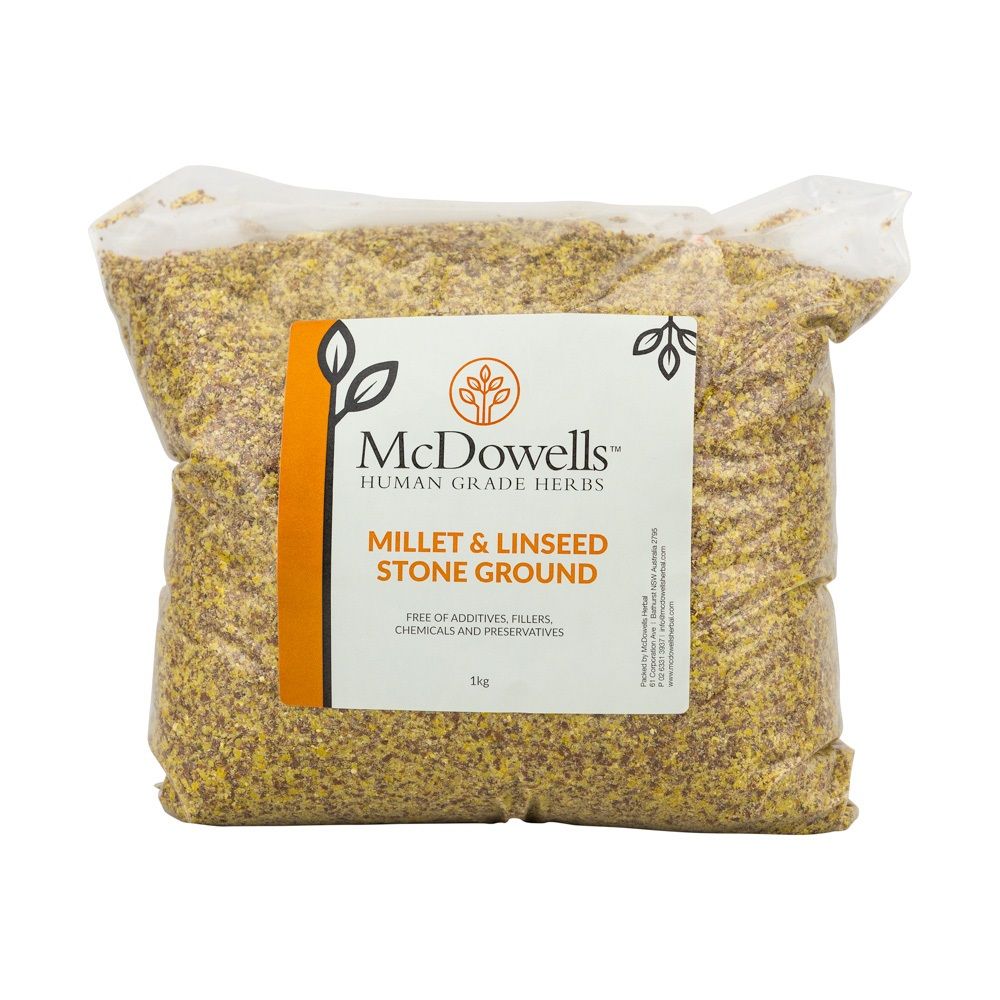Canine hip dysplasia is a very common degenerative joint disease seen in dogs. There are many misconceptions surrounding it. Dogs of all ages are subject to the symptoms of hip dysplasia and the resultant osteoarthritis.

Hip dysplasia results from the abnormal development of the hip joint in the young dog. It may effect either one or both sides. Hip dysplasia is caused by looseness in the hip joint. The looseness creates abnormal wear and erosion of the joint and as a result pain and arthritis develops. The most important part of these changes is that the bones are not held in place, but actually move apart.
The condition will worsen until even normal daily activities are painful. Without intervention, these dogs may be unable to walk at all by a couple years of age. In most cases, however, the symptoms do not begin to show until the middle or later years in the dog's life. The symptoms are typical for those seen with other causes of osteoarthritis. Dogs may walk or run with an altered gait, often resisting movements that require full extension or flexion of the rear legs. Many times, they run with a 'bunny hopping' gait. They will show stiffness and pain in the rear legs after exercise or first thing in the morning.
Most dogs will warm up out of the muscle stiffness with movement and exercise. Some dogs will limp and many will decrease their level of activity. As the condition progresses, the dogs will lose muscle tone and may even need assistance in getting up.
It is primarily a disease of large and giant breeds. The disease can occur in medium-sized breeds and rarely even in small breeds. It is primarily a disease of purebreds although it can happen in mixed breeds, particularly if it is a cross of two dogs that are prone to developing the disease. German Shepherds, Labrador Retrievers, Rottweilers, Great Danes, Golden Retrievers, and Saint Bernards appear to have a higher incidence.
The Hip Dysplasia program includes:
- Hip Dysplasia Anti Inflammatory Mix with Boswellia & Tumeric added.
- The Hip Dysplasia mix: Horsetail , Elecampane , Fenugreek , Rosehips , Yarrow, Ginger, Liquorice, Maritime Pine Bark plus Bach Flowers Pine, Honeysuckle, Walnut,Willow, Rock Water and RR. (contact one of our herbalists if wanting to order this)
- Maritime Pine Bark and Rosehip: Maritime Pine Bark is a natural antioxidant. It is an excellent source of flavonoids and has anti-inflammatory properties that work to protect the body from harmful free radicals. Maritime Pine Bark helps boost the immune system and strengthens blood vessel walls and capillaries.
Millet and Linseed is also recommended as this contains herbs high in silica which is the essential metabolic partner with calcium for strong bone growth. Other herbs support the bone marrow and the production of new healthy and elastic bone material in dogs susceptible to hip dysplasia.



